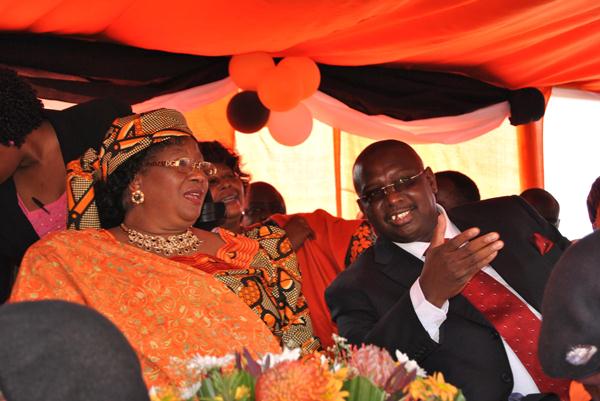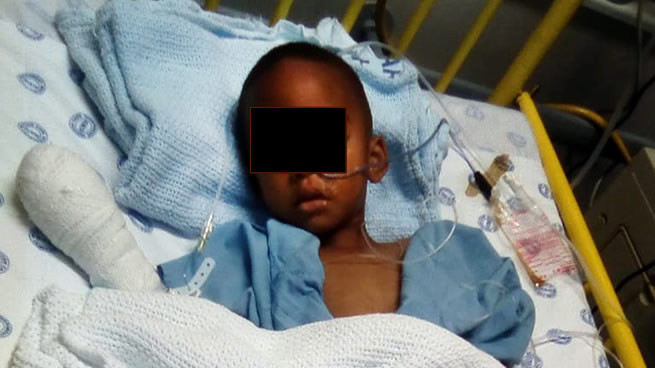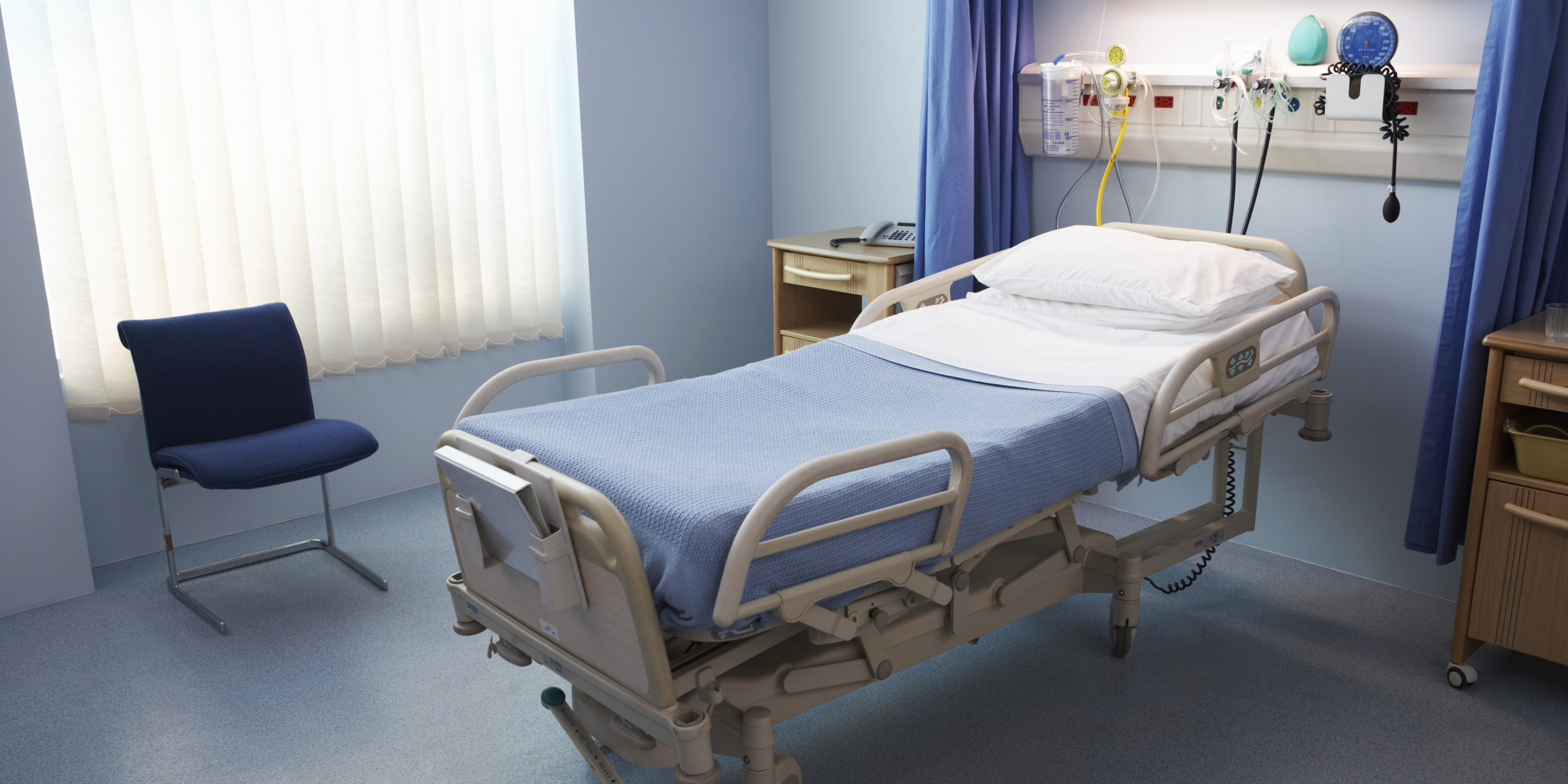Opposition politicians and experts have asked President Joyce Banda to initiate more cuts on over-expenditure apart from the symbolic 30 per cent presidential pay cut if the agriculture-powered economy is to bounce back following two years of economic turmoil.
Vice President Khumbo Kachali on Friday said he and the President had “voluntarily cut our salaries by 30 percent with immediate effect as part of our support to the current austerity measures”.
Kachali announced this when he launched the country’s economic recovery programme in Lilongwe.
The President is estimated to earn K1.3 million per month, and this means she will now take home just over K900, 000. The Vice president earns about K1 million, and he will get home with K700,000.
Banda, who took power in April following the sudden death of president Bingu wa Mutharika, enherited a battered economy and has launched a number of reforms to win back international donors, including an economic strategy to deal with current challenges of economic governance and help stabilise the economy.
Donors, who support 40 percent of the development budget, have been pressuring Lilongwe to cut unnecessary expenditure.
But the Leader of Opposition in Parliament, John Tembo, said he welcomed the move although he added that “more need to be done to put the economy back on its footing.
“I am sure they have taken everything into consideration to improve the economy,” he said.
Political analyst and Law professor at Chancellor College, Edge Kanyongolo, said the symbolic cutting of the presidential pay cheque is a “very welcome development…this shows that they have started to realise that there are serious problems facing the country,” said Kanyongolo.
Kanyongolo said the government needs to announce other austerity measures as soon as possible.
Former ruling Democratic Progressive Party (DPP) spokesperson Nicholas Dausi said the cuts could have carried weight if the executive declared their assets first.
“This could have given Malawians a semblance of financial discipline and moral obligation. Now that they have amassed wealth, they are economically fluid, they are making this announcement. This does not make any economic sense,” said Dausi, who was a deputy minister in the Bingu wa Mutharika administration.
He said the government need to initiate cuts on foreign and local travels for both the President, the Vice-President and the cabinet, reduce the travel allowances for cabinet ministers from K80, 000 per night back to K25, 000 per night.
“What they have done is taking one pace forward and two paces backwards,” said Dausi.
The UN Resident Coordinator Richard Dictus said: “It is a bit early to reflect on the ERP as a whole as we have not had the time to digest it.
“The fact that the ERP and the MGDSII have now been launched is most welcome – it sets a clear direction, shows leadership and seriousness about addressing the pressures that the country and its people are facing.”
Dictus said given the current difficult economic situation, “having a government come out with a considered and consulted response sends definitely the right signal.
“Having the President and Vice -President taking the lead in show-casing austerity in leadership by reducing their own salaries is to be lauded and raises hopes that more is to come. Overall, I have a very positive impression and I am looking forward to the public debate that will follow.” Dictus said.
Donors, who support 40 percent of the development budget, have been pressuring Lilongwe to cut expenditure




